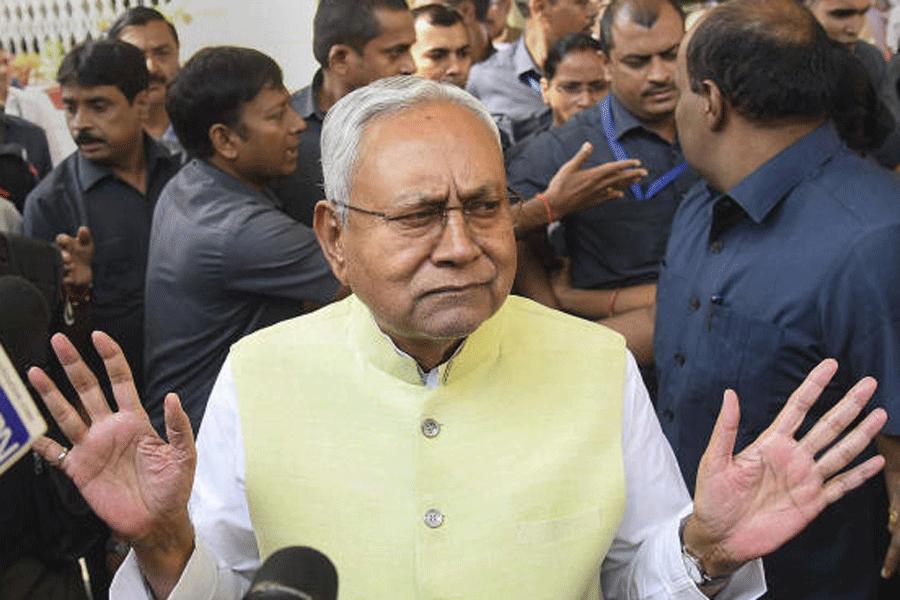Social justice is a philosophy as well as part of governance. The caste census in Bihar has brought the question of social justice to the fore just before the Lok Sabha elections. The chief minister of Bihar, Nitish Kumar, who conducted the caste census in spite of the Centre’s opposition to it, has argued on the basis of its results that Bihar should now have 75% reservations in educational institutions and government jobs. This included the 10% for the economically weaker section determined by the Narendra Modi-led government. Mr Kumar presented the breakup of caste categories, together with related socio-economic and educational data. Undoubtedly, his argument represents a desire for fair governance, since reservations have been accepted as the means to level the field for those suffering from historical injustices. But the Supreme Court had ruled more than once that the total reservations should not exceed 50%. The political underpinning of the quota system, however, makes this a troubled issue, and four states have exceeded 50%. But 75% is even higher, suggesting issues beyond the technical.
The most obvious question would be about the political value of reservations. Not only has the quota system been used to create vote banks but quotas once granted have also been left untouched, with no monitoring, for instance, within given time-frames to assess progress. The result has been social and political fragmentation instead of the gradual erosion of inequality and the sense of injustice. Bihar’s caste census — undeniably necessary — is especially politically pointed, if only because of its timing. Although that is a result of the Centre’s recalcitrance, the timing certainly brings focus to an issue that could stand in opposition to communalism, nationalism and Hindutva to the advantage of the Opposition. But social justice requires far more serious consideration than as an instrument of political contests. Mr Kumar’s logic seems inescapable within the framework of reservations; hence it may be time to think about equitable policies as the primary focus of governance. Policies on paper
mean little though; what is needed, and has been needed for years, is governments’ attention to implementation. Equality is a matter of belief and practice. Policies of all kinds, not necessarily reservations alone, can achieve the best for all if the belief is present, shared and acted upon. That condition is yet elusive.











